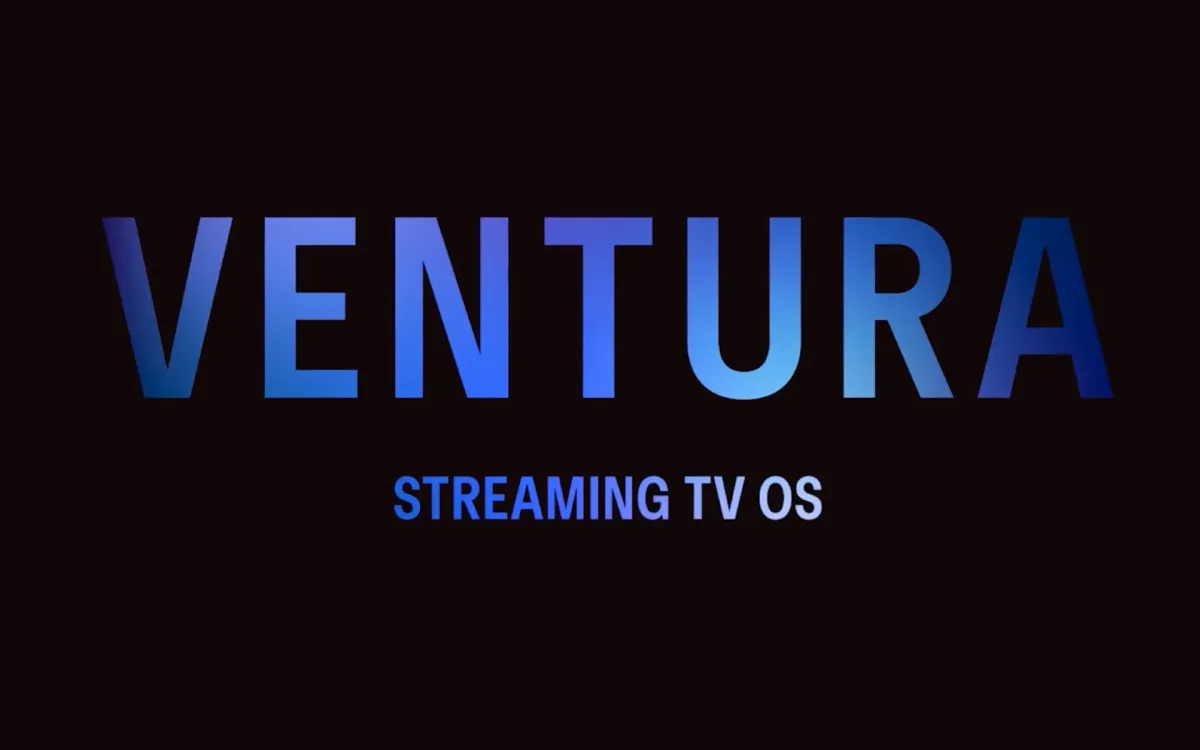
The Trade Desk (NASDAQ: TTD) has been developing a smart TV operating system, codenamed Project Bridgewater during its early stages and now officially announced as Ventura. According to multiple sources cited by Lowpass and first reported on August 30, 2024, the company began this initiative during the COVID-19 pandemic, assembling a team of dozens, including former senior Roku employees.
The project, which remained under wraps until its official announcement on November 20, 2024, has drawn both praise and concern from industry leaders. Chris Vanderhook, Co-Founder and COO of Viant, expressed significant reservations about the potential market implications, comparing The Trade Desk's strategy to Google's historical approach in open web display advertising.
According to the initial reports by Lowpass, The Trade Desk based its operating system on Android AOSP (Android Open Source Project), similar to Amazon's Fire TV OS. This technical foundation could simplify development and app porting processes, though it might present challenges in adoption due to Google's historical concerns about TV manufacturers using forked versions of Android.
The company's strategic approach includes offering more favorable revenue-sharing agreements compared to competitors and providing hardware partners with greater flexibility in customizing the user interface. This strategy appears to be gaining traction, as evidenced by the recently announced partnership with Sonos, whose CEO Patrick Spence publicly endorsed the integration of premium audio and video with the Ventura OS.
Industry observers have noted that The Trade Desk's move comes at a crucial time in the CTV advertising landscape. With GroupM forecasting CTV advertising in the U.S. to reach $38.3 billion in 2024 and potentially overtake linear television ad sales by 2029, the stakes are particularly high. The Trade Desk's current business already derives nearly 50% from CTV and video advertising, highlighting the strategic importance of this initiative.
However, Vanderhook's warnings about market concentration have resonated within the industry. He outlined what he describes as The Trade Desk's comprehensive strategy, including the development of a TV operating system, content management system, identity/authentication layer through UID2/Open Pass, and full-stack adtech infrastructure. This approach, he argues, could lead to a level of market control similar to what Google achieved in display advertising.
The Trade Desk's CEO Jeff Green has addressed these concerns indirectly, emphasizing the company's commitment to transparency and efficiency rather than direct monetary gains from Ventura. The company positions itself as a neutral player, highlighting its lack of content ownership as a key differentiator from existing platform providers like Roku, Amazon's Fire TV, and Google's Android TV.
The development timeline reveals a carefully orchestrated strategy, with work beginning during the pandemic and the first devices running Ventura expected to launch in the second half of 2025. The company has reportedly been pitching its OS to multiple hardware makers, with at least one partner already signed on according to early reports from Lowpass.
As the streaming landscape continues to evolve, with more consumers choosing streaming platforms over traditional cable TV, The Trade Desk's Ventura initiative represents a bold move to reshape the CTV advertising ecosystem. However, the industry's mixed reactions and concerns about market concentration suggest that the company will need to carefully balance its ambitions with maintaining the trust of partners and addressing competition concerns.
The success of Ventura may ultimately depend on The Trade Desk's ability to deliver on its promises of greater transparency, efficiency, and value for all stakeholders while avoiding the pitfalls of market dominance that have led to regulatory scrutiny for other tech giants. As the launch date approaches, the industry will be watching closely to see how this ambitious initiative unfolds and impacts the future of CTV advertising.

